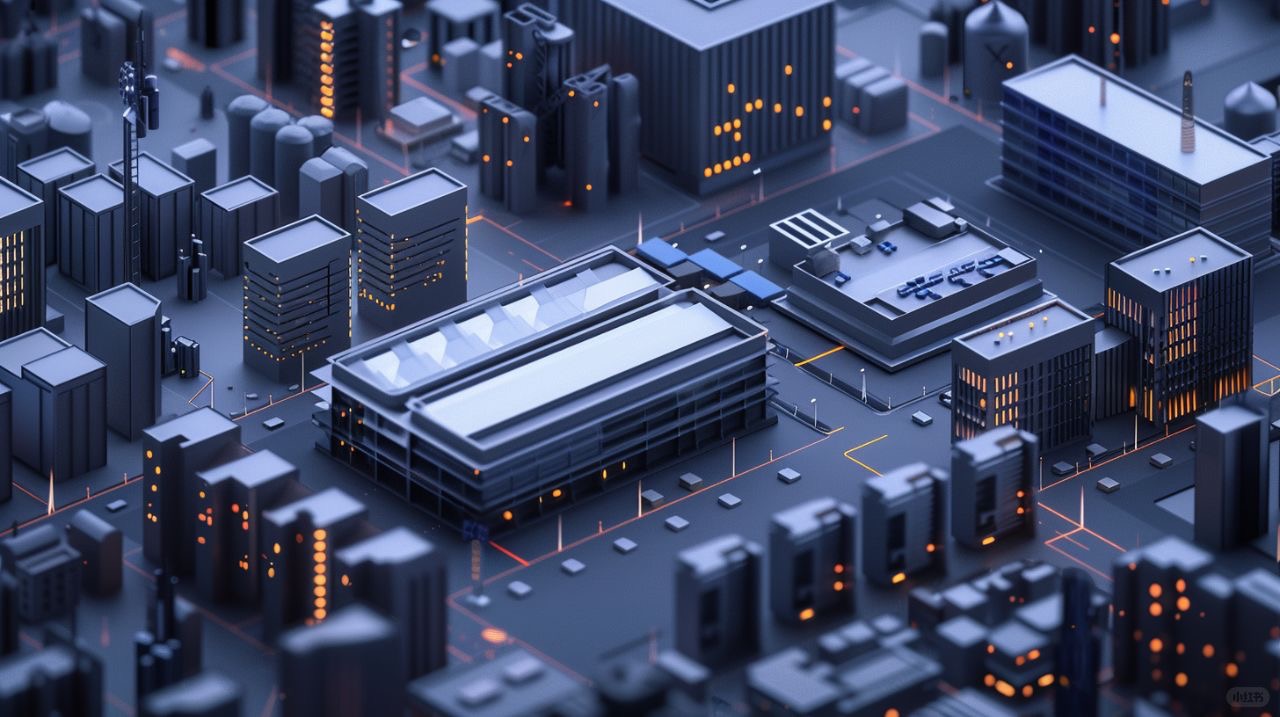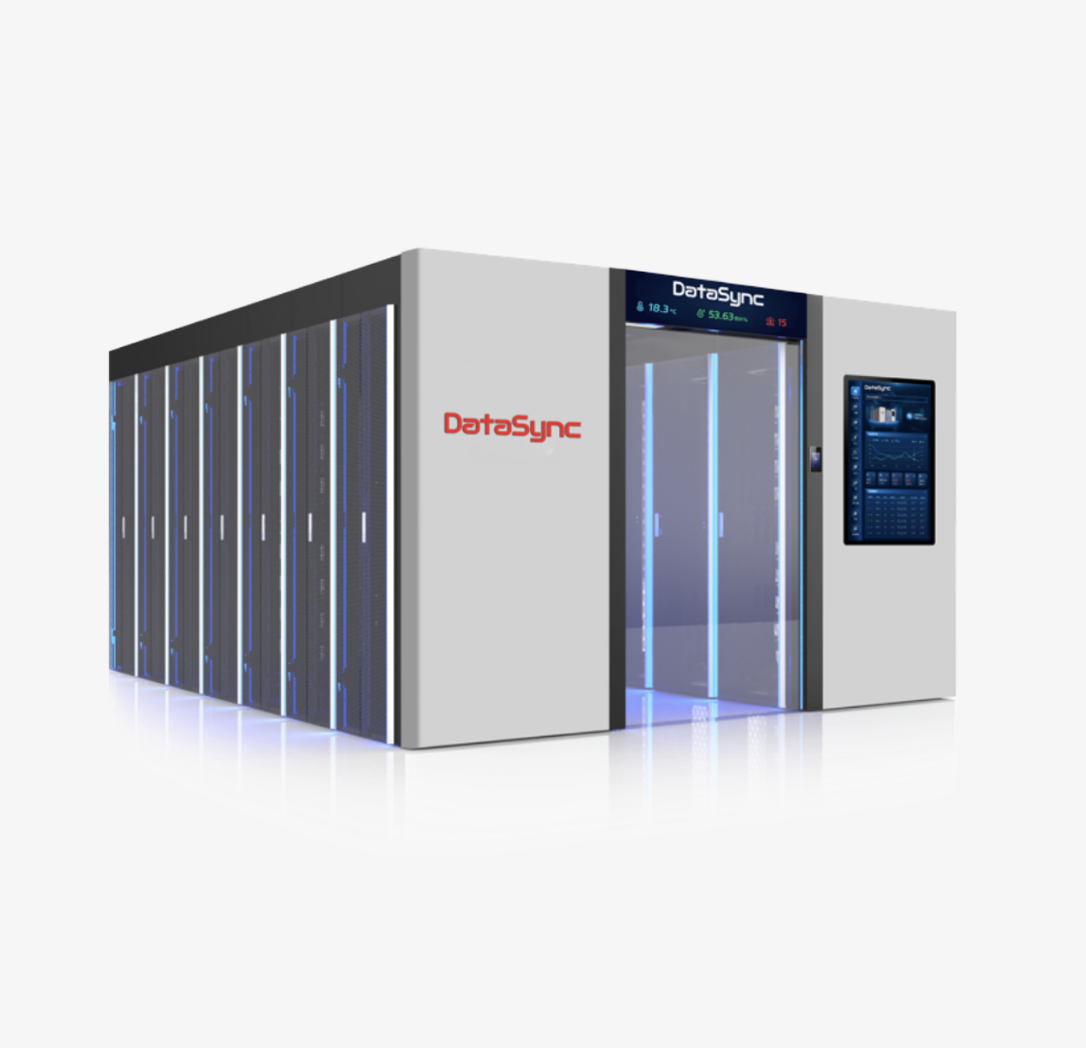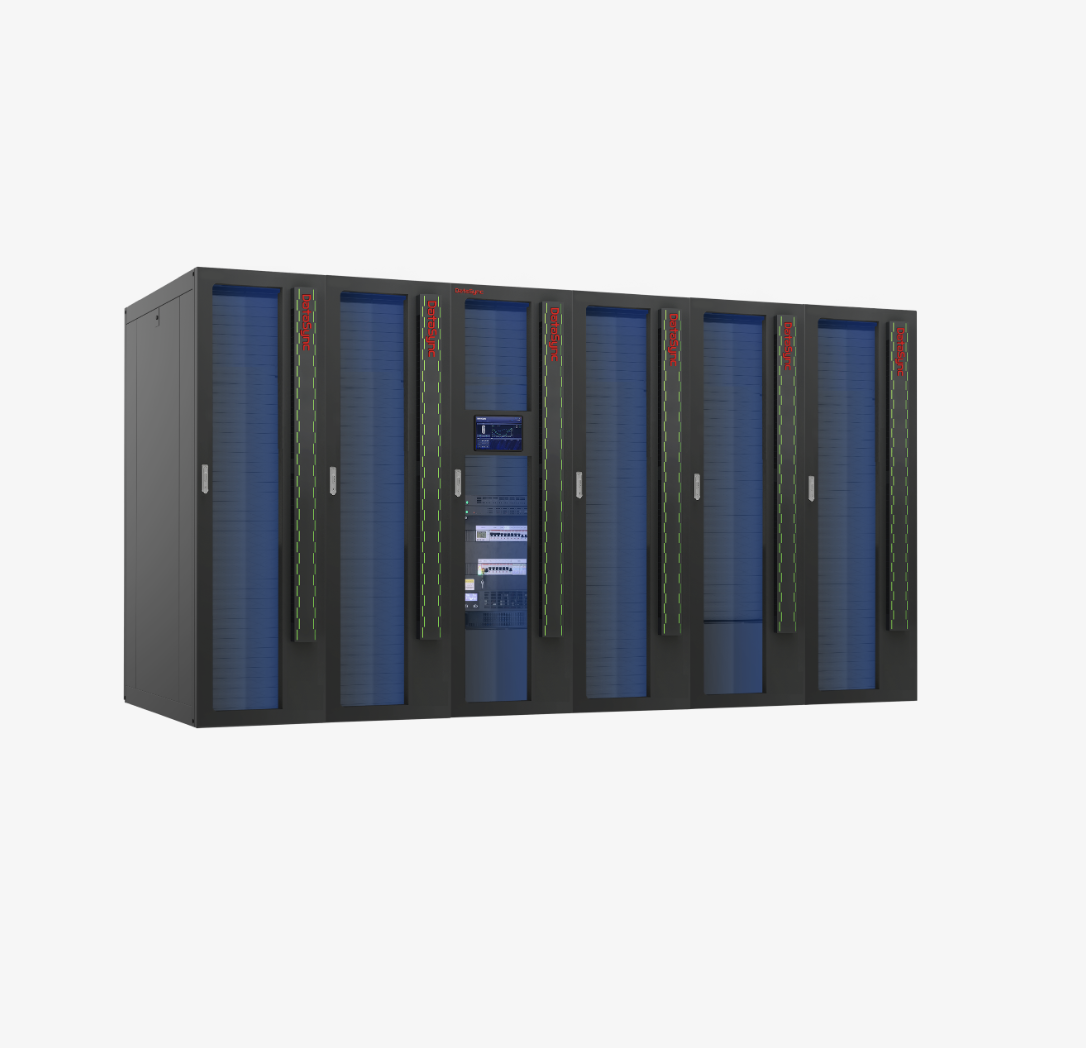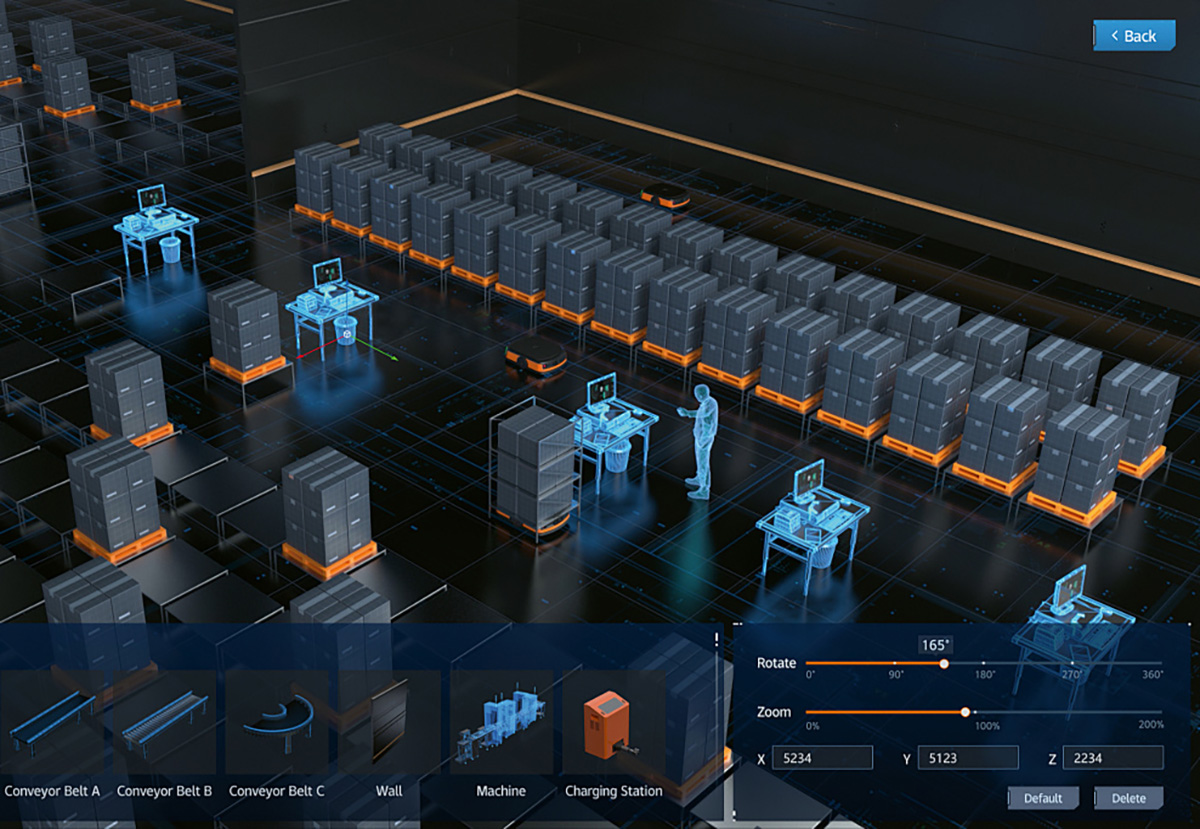IT equipment failures in healthcare can lead to serious consequences, disrupting diagnosis and treatment, and even endangering patients' lives. Therefore, healthcare systems must rely on reliable infrastructure and well-designed data centers. This raises higher industry standards for power reliability and redundancy in information equipment to ensure continuous operation and data security in emergency situations.









